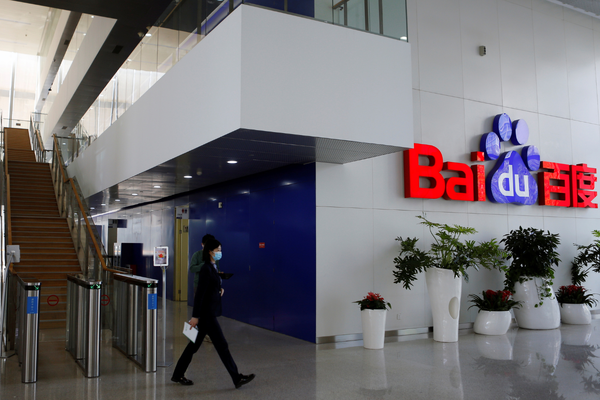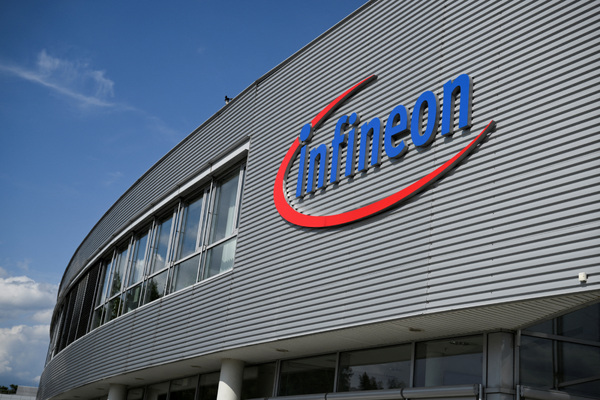SupplyChainTalk: Building resilient and adaptive supply chains - thriving amid disruptions
On 30 April 2025, SupplyChainTalk host Ana Maria Velica was joined by Tatiana Pagotto Yoshida, Innovation and Technology Coordinator, Grupo Energia; and Pavan Prasad, Senior Director, Consulting, Supply Chain - Pharma & Life Sciences, Genpact.
Views on news
A new report from TradeBeyond, Managing Tariff Turbulence in Supply Chains, highlights strategies that brands and retailers are using to build resilience and mitigate the risks posed by tariffs this year and beyond. These strategies include diversifying supplier bases, employing real-time scenario planning and exploring tariff engineering.
These developments reinforce the lesson learnt during recent disruptions, notably, that to manage them, you need more diversification not just in terms of suppliers but also risk assessment and technology solutions. Tariff engineering has always been there. What has changed is the frequency of its application and the intensity of the variation.
How to improve prediction accuracy and incident response
For predictive analysis, IoT data and AI are key, including climate change data and seasonality. When an incident happens, the response should be modular to ensure quick responses and agile decision making. It’s also key to rapid response that decisions can be made autonomously at lower levels of the organisation, where the problems and shifts are being detected. In these turbulent times, there is much more data to be analysed for predictions and demand planning than what humans can process, so digital, AI-driven solutions are critical to tackling a disruption.
Business continuity is rising on not just large but medium and small companies’ agenda as well. When mapping dependencies on suppliers, it’s not enough to check whether the supplier is financially sound. To learn whether the supplier meets environmental and social sustainability standards, you must go to the field or factory and see it for yourself, especially if it’s a strategic supplier.
Mapping a company’s supply chain may provide unexpected insights regarding how products cross the globe during manufacturing, as well as raise concerns about the ecological footprint of suppliers’ products. Leaders must also adjust to this new situation by being more proactive and responding more quickly to changes. Leaders must also ensure they listen to people who work in the field and address the issues that they raise.
The panel’s advice
- Make sure the parameters of your incident response are always updated.
- Thanks to volatility, business continuity meeting should be held on a weekly or bi-weekly basis.
- Deploy more technology enhancing supply chain resilience, while also maintaining a human-centred approach.
- Look at your business model and see if it is built around responsiveness.

Business Reporter Team
Most Viewed
Winston House, 3rd Floor, Units 306-309, 2-4 Dollis Park, London, N3 1HF
23-29 Hendon Lane, London, N3 1RT
020 8349 4363
© 2025, Lyonsdown Limited. Business Reporter® is a registered trademark of Lyonsdown Ltd. VAT registration number: 830519543





